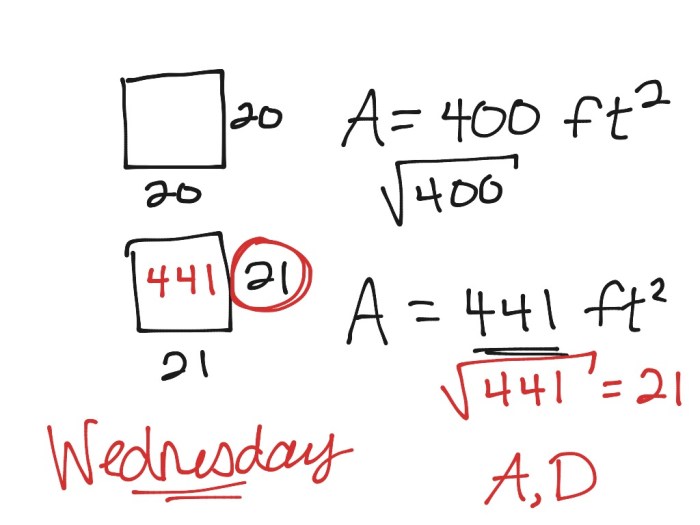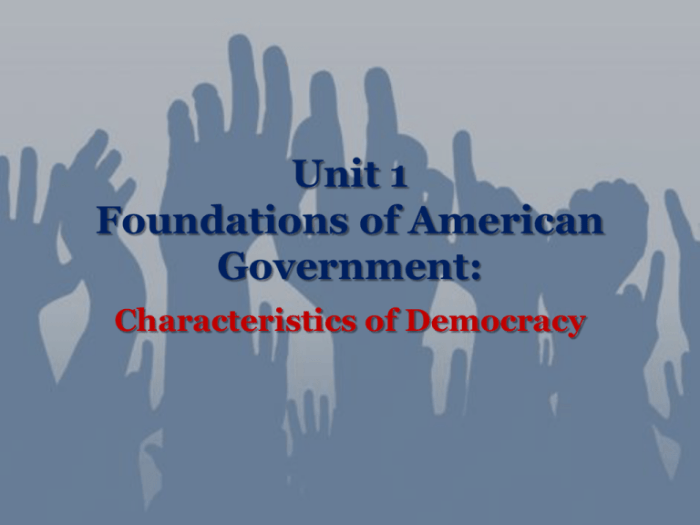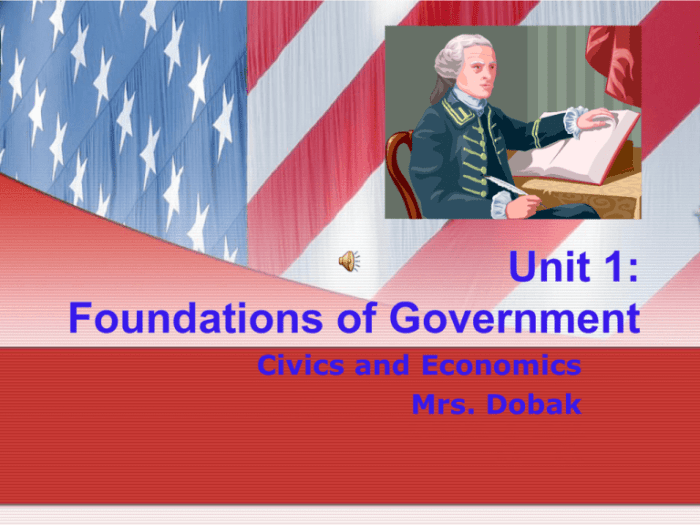Lesson quiz 1-1 foundations of government – Embark on an enlightening journey into the foundations of government with Lesson Quiz 1-1, where we delve into the intricate principles, structures, and institutions that shape our political landscapes. This quiz will provide a comprehensive overview of the essential concepts that govern societies worldwide, fostering a deeper understanding of the role and impact of government in our lives.
Throughout this quiz, you will encounter thought-provoking questions that challenge your knowledge of government structures, constitutional principles, and the distribution of power. By engaging with these questions, you will gain a nuanced understanding of the complexities of government and its profound influence on our societies.
Concept of Government

Government, a fundamental aspect of human society, plays a crucial role in organizing and regulating our lives. It establishes the rules and structures that govern our interactions, ensures our safety and well-being, and provides essential services.
Governments exist to fulfill specific purposes, including maintaining order, protecting citizens from threats, providing infrastructure and public services, and promoting economic prosperity. They also serve as a platform for collective decision-making and the representation of diverse interests within a society.
Governments can be classified into different types based on their structures and power distributions. Some common types include democracies, where power is vested in the people; monarchies, where power is concentrated in a single ruler; and oligarchies, where power is held by a small group of individuals.
Foundations of Government: Lesson Quiz 1-1 Foundations Of Government
The foundations of government are built upon constitutional principles that establish the framework for its operation and legitimacy. These principles may vary across different governments, but they often include:
- Sovereignty: The supreme authority of the government within its jurisdiction.
- Rule of law: The principle that all citizens are subject to the same laws and that no one is above the law.
- Separation of powers: The division of government power among different branches to prevent tyranny.
- Protection of individual rights: The recognition and safeguarding of fundamental rights and freedoms for all citizens.
Forms of Government
Governments can be classified into different forms based on the distribution of power among different branches or individuals. Some common forms of government include:
Democratic Governments
- Power is vested in the people through elected representatives.
- Citizens have a voice in decision-making through elections and other forms of political participation.
- Examples: United States, India, Germany
Authoritarian Governments
- Power is concentrated in the hands of a single ruler or a small group of individuals.
- Citizens have limited or no political participation.
- Examples: China, Russia, Saudi Arabia
Totalitarian Governments
- Power is centralized and exercised with absolute control.
- Citizens have no political rights or freedoms.
- Examples: North Korea, former Soviet Union
Government Institutions

Governments typically consist of various institutions that carry out specific functions and responsibilities:
Executive Branch, Lesson quiz 1-1 foundations of government
- Responsible for enforcing laws and carrying out government policies.
- Headed by the president, prime minister, or other chief executive.
- Examples: White House (US), Downing Street (UK), Élysée Palace (France)
Legislative Branch
- Responsible for making laws and overseeing the government.
- Typically consists of a parliament, congress, or other elected body.
- Examples: US Congress, British Parliament, French National Assembly
Judicial Branch
- Responsible for interpreting laws and resolving disputes.
- Typically consists of courts and judges.
- Examples: Supreme Court (US), High Court (UK), Court of Cassation (France)
Government Policies

Governments formulate policies to address various societal issues and achieve their objectives:
- Education policies: Aim to improve educational opportunities and outcomes.
- Healthcare policies: Provide access to healthcare services and improve public health.
- Economic policies: Regulate economic activity and promote economic growth.
- Environmental policies: Protect the environment and promote sustainability.
Policymaking involves agenda-setting, decision-making, and implementation. Governments consider various factors, including public opinion, expert advice, and political constraints, when developing policies.
Answers to Common Questions
What is the primary purpose of government?
Government serves as the authority that establishes and enforces rules, maintains order, provides public services, and protects citizens within a society.
What are the key characteristics of a democratic government?
Democratic governments are characterized by the rule of law, regular free and fair elections, the protection of individual rights, and the participation of citizens in decision-making.
How does the concept of sovereignty relate to government authority?
Sovereignty refers to the supreme and independent authority of a government within its territory, allowing it to make and enforce laws without external interference.